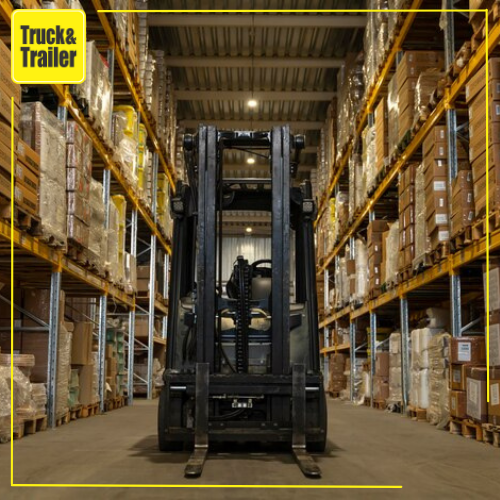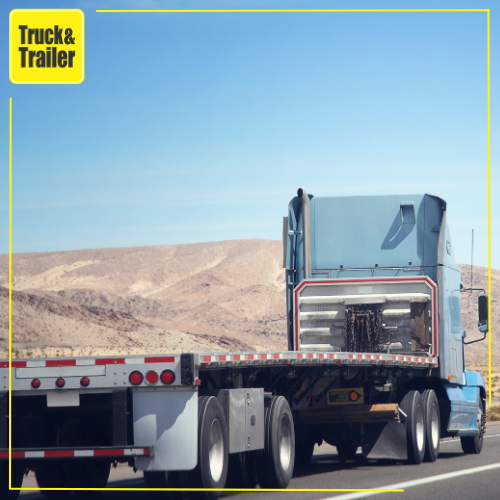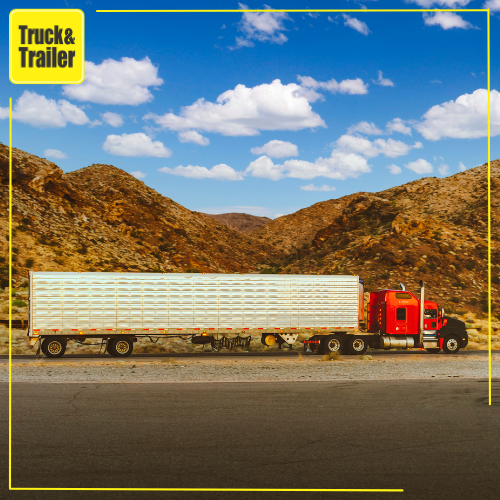In the ever-evolving world of material handling, forklifts play a vital role. In the market, businesses frequently face the dilemma of choosing between electric and gas forklifts. This decision is not a one-size-fits-all solution, as both options come with their own set of pros and cons. In this article, we'll delve into the key aspects of Electric vs. Gas Forklifts, their challenges, the decision-making process, and tips for making the right choice. Whether you're a business owner looking to enhance your warehouse operations or a fleet manager seeking to optimise your logistics, Truck & Trailer offers a wide selection of forklifts to meet your needs.
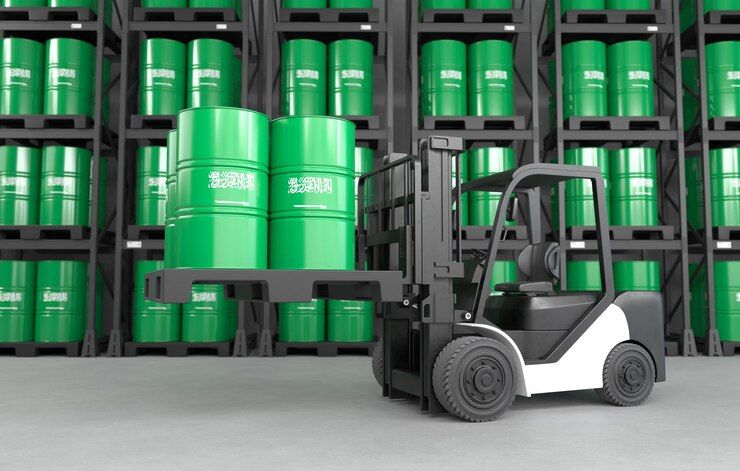 Photo by User6702303 on Freepik
Photo by User6702303 on Freepik
Electric vs. Gas Forklifts: What Are They?
Electric forklifts are powered by batteries, making them an eco-friendly choice. They are known for their quiet operation, zero emissions, and lower operating costs. On the other hand, gas forklifts rely on internal combustion engines running on propane, natural gas, or diesel. They are robust, versatile, and suitable for various applications.
The Challenges:
Costs: Electric forklifts have a higher upfront cost due to the battery and charging infrastructure, but they have lower operating costs over time. Gas forklifts are cheaper initially, but fuel costs can add up significantly.
Range and Refueling: Electric forklifts have a limited range, and the need for recharging can disrupt operations. Gas forklifts have a longer runtime but require refueling and maintenance.
Environmental Impact: Electric forklifts are eco-friendly with zero emissions. Gas forklifts emit pollutants, contributing to air pollution.
Maintenance: Electric forklifts have fewer moving parts, reducing maintenance requirements. Gas forklifts have more complex engines and may need more upkeep.
The Decision-Making Process:
When choosing between electric and gas forklifts, consider the following:
1. Application: Determine the specific tasks your forklift will perform. Electric forklifts are ideal for indoor use, while gas forklifts excel in outdoor, heavy-duty applications.
2. Operating Hours: Electric forklifts are best for operations with defined shifts and access to charging infrastructure. Gas forklifts suit round-the-clock operations.
3. Budget: Assess your budget, including initial investment and long-term operating costs. Consider your return on investment (ROI).
4. Environmental Concerns: If sustainability is a priority, electric forklifts align better with eco-friendly goals.
5. Maintenance Resources: Evaluate your ability to manage maintenance. Electric forklifts generally require less attention.
Tips for Choosing the Right Forklift:
Assess Your Needs: Start by defining your operational requirements and limitations.
Consult Experts: Seek advice from forklift dealers and industry experts. They can provide valuable insights.
Consider Total Cost of Ownership (TCO): Look beyond the initial price tag. Factor in fuel, maintenance, and other ongoing expenses.
Test Drive: Whenever possible, try out both electric and gas forklifts to understand their handling, comfort, and performance.
Evaluate Terrain: Consider your working environment; uneven or rough terrain may favor gas forklifts.
Safety Features: Ensure that the forklift you choose is equipped with safety features that meet your requirements.
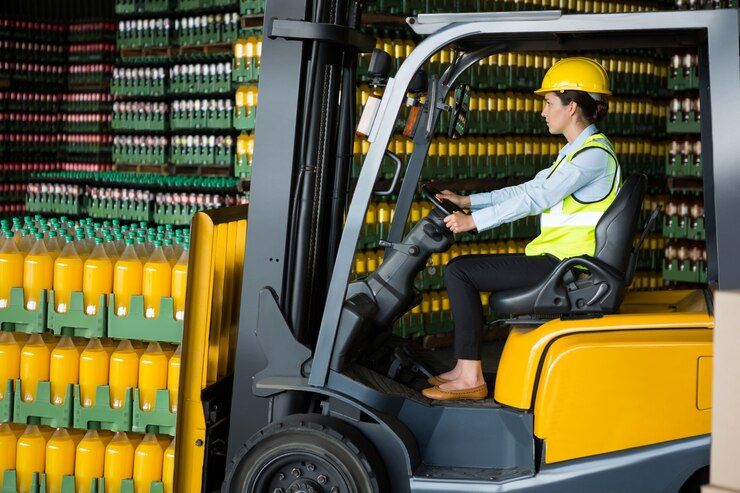 Photo by Wavebreakmedia_Micro on Freepik
Photo by Wavebreakmedia_Micro on Freepik
Benefits of Electric Forklifts:
- Zero emissions and reduced environmental impact.
- Quieter operation, suitable for noise-sensitive areas.
- Lower operating costs over time.
- Low maintenance requirements.
- Suitable for indoor use.
Benefits of Gas Forklifts:
- Greater power and versatility for heavy-duty applications.
- Longer runtime and faster refueling compared to recharging.
- Ideal for outdoor use and rough terrain.
- Initial lower investment cost.
Scenarios:
Warehouses: Electric forklifts are a popular choice for indoor warehouses due to their clean, quiet operation.
Construction Sites: Gas forklifts are often favored for outdoor construction sites where power sources might be limited, and rugged terrain demands their durability.
Manufacturing Facilities: Electric forklifts excel in manufacturing, where continuous indoor operation and reduced emissions are essential.
Agriculture: Gas forklifts are suitable for agriculture, where they can handle rough terrain and provide reliable performance.
The choice between Electric vs. Gas Forklifts in the South African market boils down to your specific needs, budget, and environmental considerations. While electric forklifts offer a greener, quieter, and cost-effective solution for indoor applications, gas forklifts provide robust power and versatility for demanding outdoor tasks.
Before making a decision, consult with experts, assess your operational requirements, and consider the long-term total cost of ownership. Whether you opt for an electric or gas forklift, Truck & Trailer offers a range of options to cater to your material handling needs. So, if you're ready to buy a forklift, visit Truck & Trailer and explore the best options for your business. Make the right choice to enhance your operations and boost efficiency in the South African market.
